Author: Ibrahim Abdul Mugis
Introduction
Awqaf institutions are pivotal in promoting community welfare within the Islamic framework. The Maliki school of thought, a significant Islamic jurisprudential school, offers valuable insights into the principles and practices of Awqaf. This article explores how the Maliki tradition, when connected with the Maqasid al-Shariah (objectives of Islamic law), informs the development and management of Awqaf institutions and their role in enhancing community welfare.
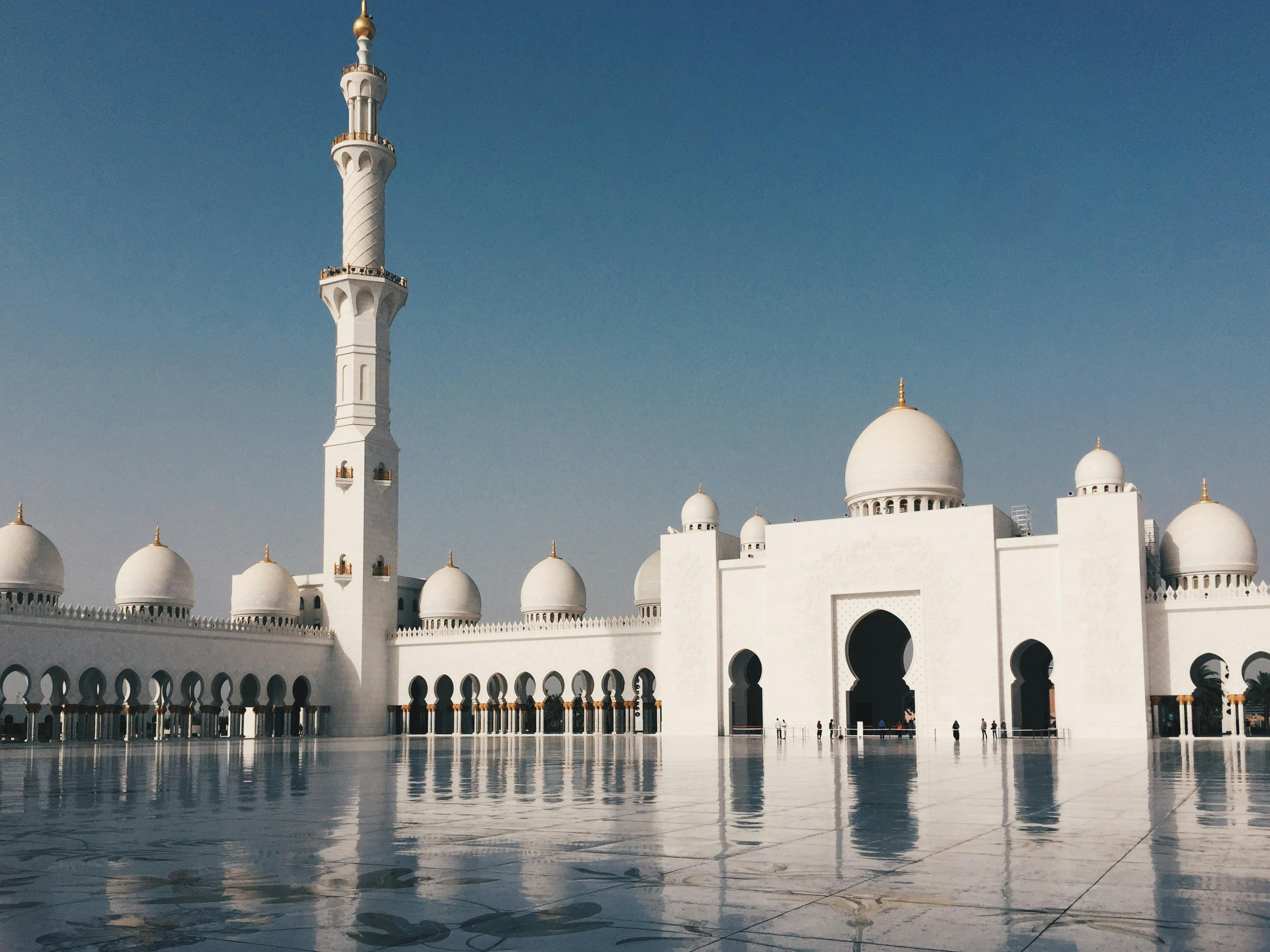
The Maliki Perspective on Awqaf
The Maliki school, founded by Imam Malik ibn Anas, underscores the importance of community welfare and the role of Awqaf in supporting it. Imam Malik’s approach integrates practical and communal aspects, essential for effective Awqaf management. He stated:
“The Sunnah is what the people of Medina have agreed upon, and the consensus of the people of Medina is binding.”
This principle highlights the importance of aligning Islamic practices, including Awqaf, with the needs and consensus of the community. It reflects a pragmatic approach to fulfilling the objectives of Islamic law in real-world scenarios.

The Role of Awqaf in Community Welfare
Awqaf institutions are crucial in enhancing community welfare by providing resources for public goods and services. In the Maliki tradition, Awqaf are seen as a means of ensuring that charitable acts continue to benefit the community over time. This aligns with the Quranic principle:
“The example of those who spend their wealth in the way of Allah is like a grain of corn that grows seven ears; in each ear is a hundred grains. Allah multiplies [His reward] for whom He wills.” (Quran 2:261).
This verse underscores the enduring impact of charitable deeds, reflecting the Maliki view that Awqaf should address long-term community needs and align with the Maqasid al-Shariah, which include preserving religion, life, intellect, lineage, and property.
Maqasid al-Shariah and Awqaf
The Maqasid al-Shariah (objectives of Islamic law) provide a framework for understanding the ultimate goals of Shariah. These goals include:
1. Preservation of Religion: Awqaf can support religious institutions and educational initiatives that promote Islamic teachings and values. For instance, Awqaf Africa plays a vital role in transferring knowledge through online courses on Waqf and other aspects of Islam, aiming to propagate Islamic teachings and promote peace and well-being.
2. Preservation of Life: Awqaf funds can be used to support healthcare services, directly contributing to the well-being and preservation of life. Awqaf Africa is working on establishing an Awqaf hospital in Africa to address the healthcare needs of underprivileged communities. We are also exploring collaborations with institutions and companies from Malaysia and Indonesia to expand these efforts.

3. Preservation of Intellect: Educational Awqaf, such as scholarships and learning centers, enhance intellectual development and preserve knowledge. For instance, Awqaf Africa is collaborating with various institutions to offer scholarships to students pursuing higher education. Additionally, we have learned from Indonesia’s experience with the cash waqf linked sukuk system, as proposed by Professor Hendrick, to improve our own initiatives.
4. Preservation of Lineage: Family support programs funded by Awqaf contribute to the stability and well-being of families, preserving lineage and social structure. Awqaf Africa is focusing on providing Islamic insurance across the continent, addressing the need for Takaful in regions where such services are limited. We seek collaborations with advanced entities in Malaysia and Indonesia to enhance this facet.
5. Preservation of Property: By managing and investing Awqaf assets wisely, institutions ensure the long-term benefit and sustainability of resources. Efforts are being made to develop real estate Awqaf projects that contribute to community development and economic stability.

Imam Malik’s emphasis on practical and community-focused solutions in managing Awqaf reflects these objectives. He advocated for using Awqaf to support essential services, ensuring that charitable acts align with the broader goals of Shariah.
Historical Contributions and Modern Applications
Historically, the Maliki tradition has seen Awqaf used to build schools, hospitals, and public baths—services that directly address the Maqasid al-Shariah. These contributions were guided by Imam Malik’s principle:
“The best of people are those who are most beneficial to others.”
Today, the principles of the Maliki school continue to guide modern Awqaf institutions. They strive to meet community needs by focusing on education, healthcare, and social services while addressing challenges such as regulatory issues and evolving needs. The Maliki approach to problem-solving, emphasizing community consultation and practical solutions, aligns with the Maqasid al-Shariah, ensuring that Awqaf remains a vital resource for community welfare.
Conclusion
The Maliki school of thought, in conjunction with the Maqasid al-Shariah, offers profound insights into the role and management of Awqaf institutions in enhancing community welfare. By emphasizing practicality, community consensus, and the enduring impact of charitable deeds, these principles guide the effective use of Awqaf resources to support public goods and services. Adhering to these values allows Awqaf organizations to continue making significant contributions to community welfare and upholding the objectives of Islamic law.

Awqaf Africa is a prominent organization dedicated to empowering communities across the African continent. Established to foster sustainable development and social welfare, Awqaf Africa focuses on harnessing the potential of endowments (awqaf) to drive positive change. Through strategic initiatives, partnerships, and impactful projects, Awqaf Africa endeavors to address socio-economic challenges and promote prosperity within African societies.
- Choose your favourite cause
- Register to our website !
- Donate the amount you like
- Stay tuned about cause

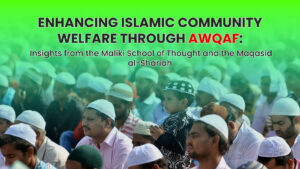


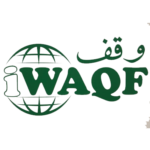
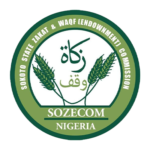
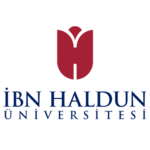
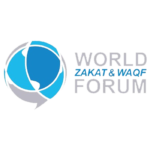
Leave a Reply